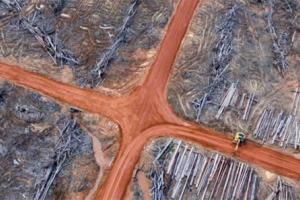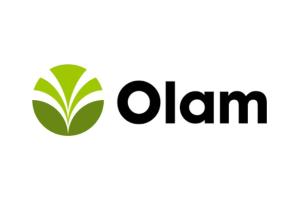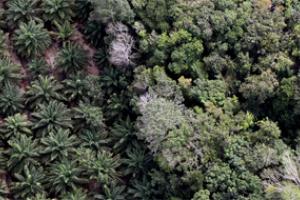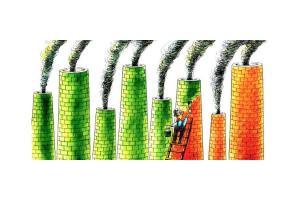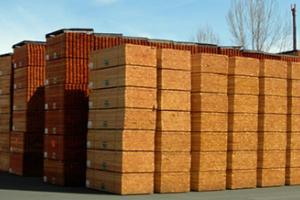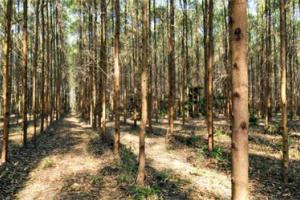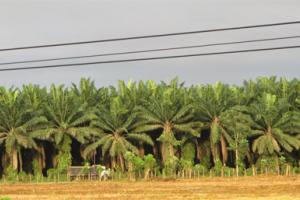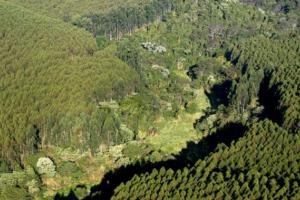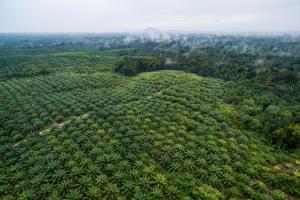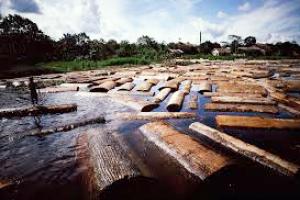Certification Schemes
'Keep buying!' This is the message that certification schemes promote. Whenever an industrial or agricultural commodity falls into disrepute, a voluntary certification initiative will soon emerge. Certification schemes allow for the expansion of corporate control over community lands. They also have all failed to resolve conflicts between communities and the corporations that have taken over their territories. Their contribution to reducing ecological harm also remains elusive, especially where industrial monoculture plantations are given a “green” label.
Available only in English and Spanish
**This article is based on a conversation between Winnie Overbeek, the international coordinator of the World Rainforest Movement, and GRAIN on September 2014, which was published by GRAIN at “Planet palm oil”. The information has been updated for this article.
Certification has been described as the brightest of bright shining lies of the sustainability movement. And in recent years, certification roundtables have teamed up with another bright shining lie: REDD+
For a long time, WRM, along with other organizations and social movements, has denounced the certification of projects that are destructive to forests and their web of life. These projects have also proven to be detrimental to communities living in and depending on forests. The Forest Stewardship Council (FSC) certification not only legitimates industrial logging in tropical forests and vast areas of monoculture plantations, but has also been associated with carbon markets, by certifying trees planted for “carbon capture".

